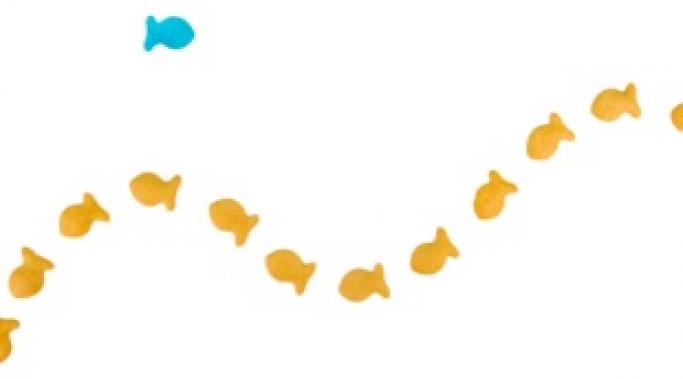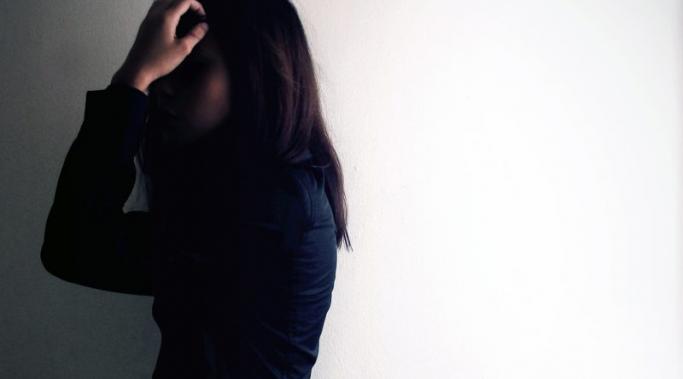Blogs
I went on sick leave in February 2009 to restart the process of eating disorder recovery. I spent almost three months at home, eating more than triple the number of calories I was used to in order to gain weight recover from anorexia nervosa. I hated every minute of it, but in the end I reached my healthy weight and experienced a taste of recovery for about six months until I relapsed.
I have again - for the fourth time, I think — started the eating disorder recovery process for anorexia of eating and gaining weight. I have been at it less than two weeks, and I still hate it. Sometimes it feels it would be easier to give up and dive right back into the eating disorder. But I believe the only way to recover from an eating disorder is going through the process.
Last night, I picked up Bob from his weekly visit to his father's house. As we pulled into our garage, he reached for his backpack and said, "Oh, no, I left my homework at my Dad's."
And so begins the internal conflict every parent experiences at one time or another--when do you cut the kid some slack, and when do you play hardball?
Sometimes anxiety just sucks. Worst of all when it affects more than just me. Of course I try to limit that - how much of it leaks out, how much it affects the people I care about most. But there's really no preventing it affecting them.
While many people with bipolar disorder have and continue to be treated with antidepressants along with many other medications, there is a controversy in the medical community as to whether this is an appropriate approach. In bipolar disorder there is some risk of antidepressants inducing mania or perhaps worsening rapid-cycling.
But is this true? What evidence is there that antidepressants work in bipolar disorder? What evidence is there that they will make bipolar disorder worse? What do you do if you can’t take an antidepressant?
The man typed some figures and stared at the computer screen, eventually muttering, "You qualify for $440 a month in assistance. Your rent is $740. Don't know how you're going to do it." I stared at a rip in an orange, Naugahyde chair. I didn't know how I was going to do it either. It was the year I discovered what it's like to live on welfare (How to Get Disability Benefits for Mental Illness). I learned valuable lessons about poverty that I won't soon forget. And I came face-to-face with the realities of severe mental illness and invisible disability.
Last week I took my 16 month old daughter to a local indoor amusement park with a few of my cousins who also have young children. We had a great time doing all the “kiddie” rides like the carousel and train. My daughter has never been a picky eater and everyone knows that food is the way to her little heart. So what do most people like to do when they are trying to befriend her? Feed her. She’ll waddle right up to anyone who is eating something with a twinkle in her eyes and her mouth open like a baby bird.
When my son was born in 1998, I was warned at the hospital that my hormones were fluctuating, and I might therefore experience some sadness over the following several days. But I fought for over a year to regain some sense of emotional stability. Already a hyper-vigilant person, my anxiety and panic became intolerable. Depression drained me completely.
I recently received a comment regarding bipolar medication, its development and the mental health care system in general. The commenter accuses the mental health community of being corrupt and asks, “Why are we forced to take such bad bipolar medicines?”
Are we too busy to truly enjoy the great little things about life? What’s the harm in slowing down and doing nothing once in awhile? Those are my thoughts in my video, The Sweetness of Doing Nothing, which is based on a quote from the movie Eat, Pray, Love.
You know the feeling. You're tired--no, make that exhausted, your head hurts, your stomach hurts, and you just can't seem to be able to get with the program. And you haven't had a drop to drink. Then you look at the calendar and realize it's the first week of January.
Welcome to the "Holiday Hangover."






